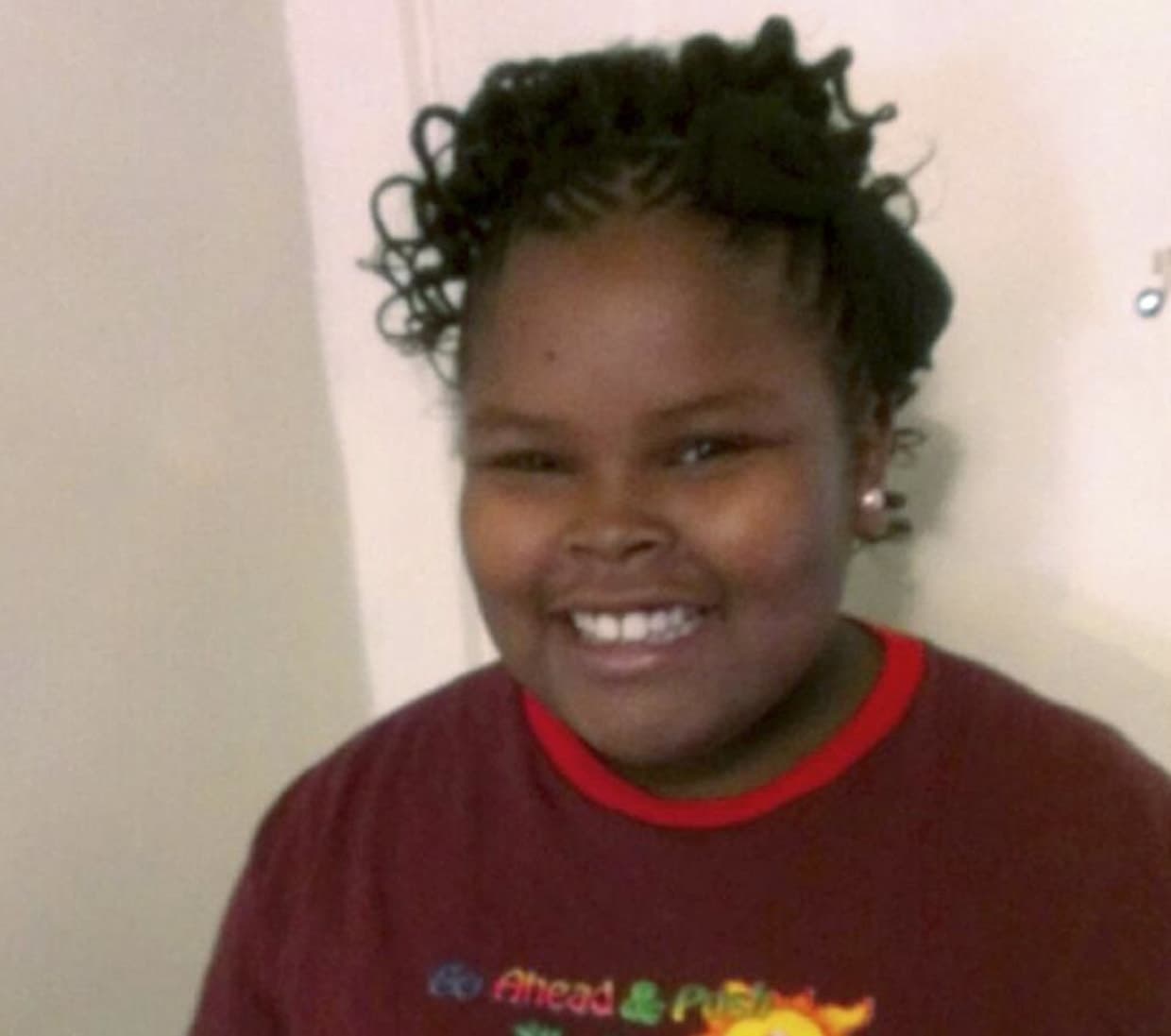Jahi McMath Case Ignites Four-Year Legal Battle Over Brain Death Definition

The case of Jahi McMath, a young girl declared brain-dead at age 13 following complications from a tonsillectomy, sparked a protracted legal and ethical debate that spanned over four years, challenging the medical and legal definitions of death. Her family's steadfast refusal to accept the diagnosis led to a significant public and judicial struggle. As highlighted by The New Yorker, "Jahi McMath was declared brain-dead at age 13 after complications arising from a routine tonsillectomy. Her family’s rejection of the diagnosis led to a years-long legal battle challenging the nature of existence."
Jahi McMath was admitted to Children's Hospital Oakland in December 2013 for complex oropharyngeal surgery, which her family described as a routine tonsillectomy. Following massive blood loss and cardiac arrest, doctors declared her brain-dead on December 12, 2013. This medical determination, based on standard clinical indications including no brain activity and no blood flow to the brain, was affirmed by an independent expert.
Her mother, Latasha "Nailah" Winkfield, and the family refused to accept the brain-death declaration, believing Jahi was still alive. They initiated legal proceedings to prevent the hospital from removing her from life support. The family eventually secured a court order allowing them to transfer Jahi from California to New Jersey, a state with a law allowing religious objections to brain death declarations.
In New Jersey, Jahi was maintained on life support and treated as a living patient for approximately four and a half years. During this period, medical records and family attestations indicated she underwent puberty and allegedly showed intermittent responsiveness to commands, which her family documented through videos. These observations fueled the ongoing medical and bioethical discussions about the accuracy and limitations of brain death criteria.
The family also filed a malpractice lawsuit against Children's Hospital Oakland and the surgeon, arguing that Jahi was not brain-dead. This legal action aimed to seek damages for her care, potentially circumventing California's cap on medical malpractice awards for deceased patients. The case prompted legal scholars to consider whether a jury could determine she was alive, which would have significant implications for brain death jurisprudence.
Jahi McMath ultimately died on June 18, 2018, in New Brunswick, New Jersey, from complications related to liver failure and extensive bleeding. Despite her death, her family's attorney continued efforts to have her initial California death certificate revoked and her official date of death changed to June 2018. The extraordinary circumstances of her case have left a lasting impact on the discourse surrounding end-of-life care, medical ethics, and the legal definition of death.